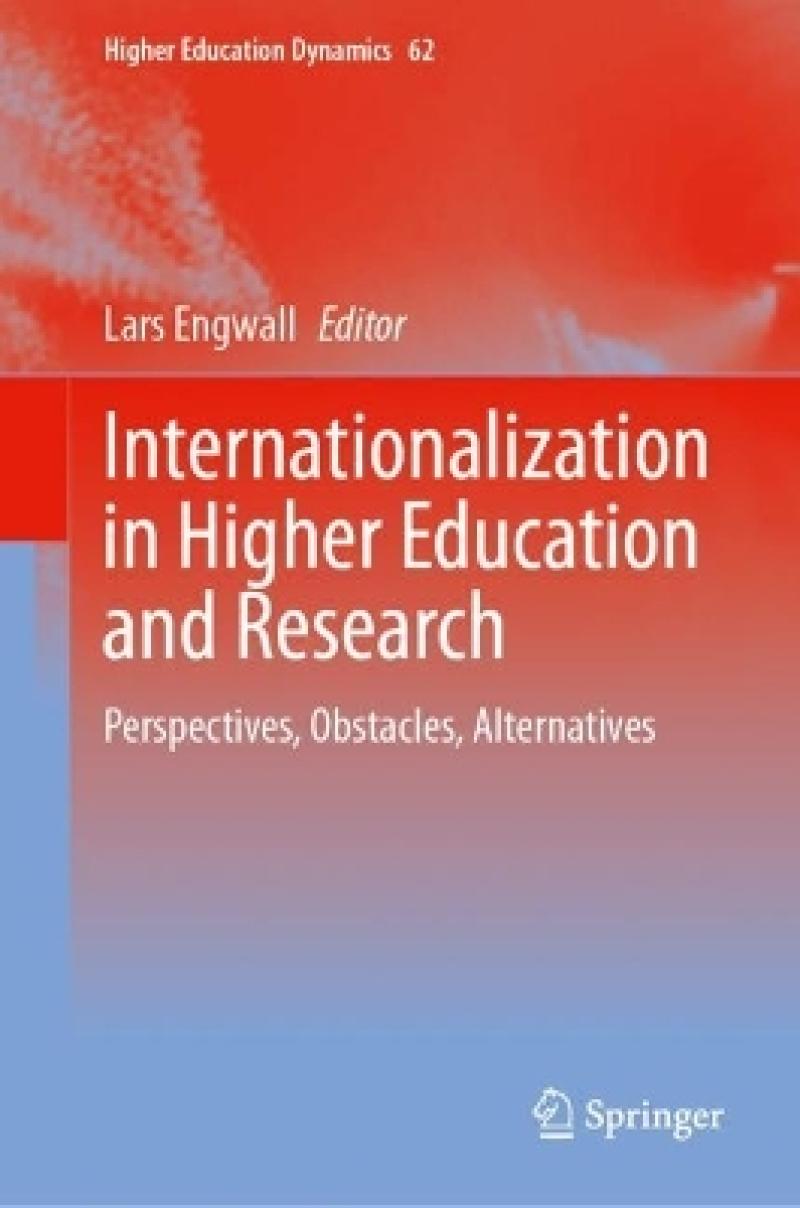This book examines the pros and cons of the internationalization of higher education institutions, which is an important feature of modern universities. It makes a significant contribution to our understanding of universities and an important input to the assessment of the internationalization of higher education institutions both for regulators and for the universities themselves.
The book’s three parts focus on a number of issues associated with internationalization. The first part – Perspectives on Internationalization – provides critical reflections on internationalization, on the globally distributed European-American university and on the impact of rankings. The second part – The Obstacles to Internationalization – deals with the significance of language, challenges of mobility and environment concerns. The third part – Alternative Modes of Internationalization – discusses internationalization at home, international distance education and the establishment of international branch campuses.
This book examines the pros and cons of the internationalization of higher education institutions, which is an important feature of modern universities. It makes a significant contribution to our understanding of universities and an important input to the assessment of the internationalization of higher education institutions both for regulators and for the universities themselves.
The book’s three parts focus on a number of issues associated with internationalization. The first part – Perspectives on Internationalization – provides critical reflections on internationalization, on the globally distributed European-American university and on the impact of rankings. The second part – The Obstacles to Internationalization – deals with the significance of language, challenges of mobility and environment concerns. The third part – Alternative Modes of Internationalization – discusses internationalization at home, international distance education and the establishment of international branch campuses.
Produktdetaljer
Biographical note
Lars Engwall is professor emeritus of Management at Uppsala University, Sweden. His research has been particularly directed towards organization studies. Among his recent publications can be mentioned Bibliometrics (ed. 2014 with Wim Blockmans and Denis Weaire, Portland Press), From Books to MOOCs? (2016, ed. with Erik De Corte and Ulrich Teichler, Portland Press), Defining Management (2016 with Matthias Kipping and Behlül Üsdiken, Routledge), Corporate Governance in Action (ed. 2018, Routledge) and Missions of Universities (ed. 2020, Springer). He has received honorary degrees from Åbo Akademi University and Stockholm School of Economics, and he is an elected member of a number of learned societies.
